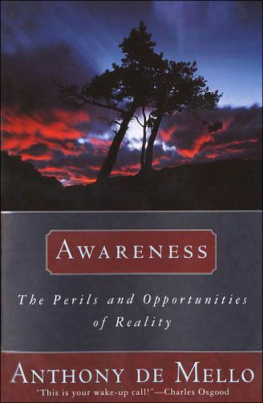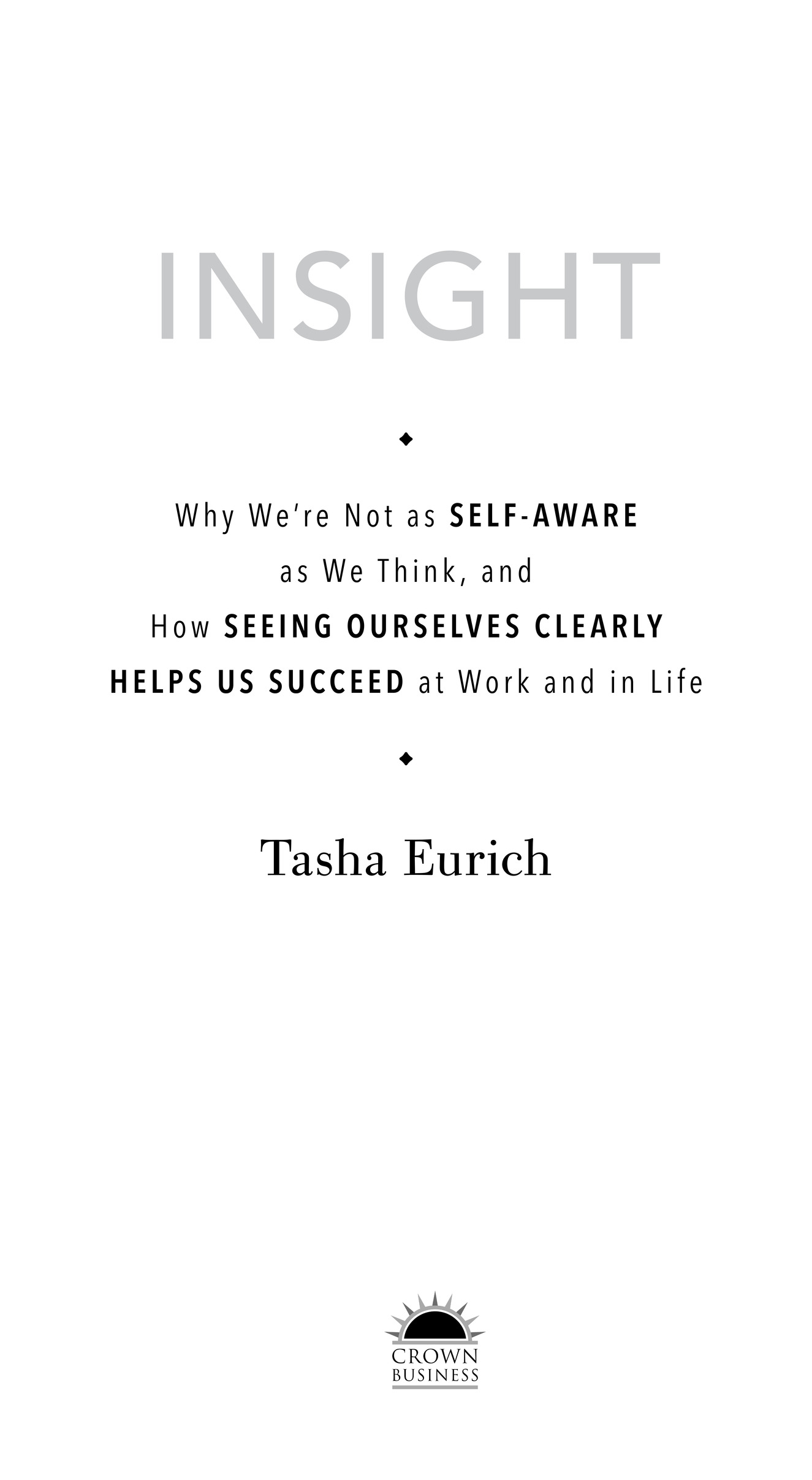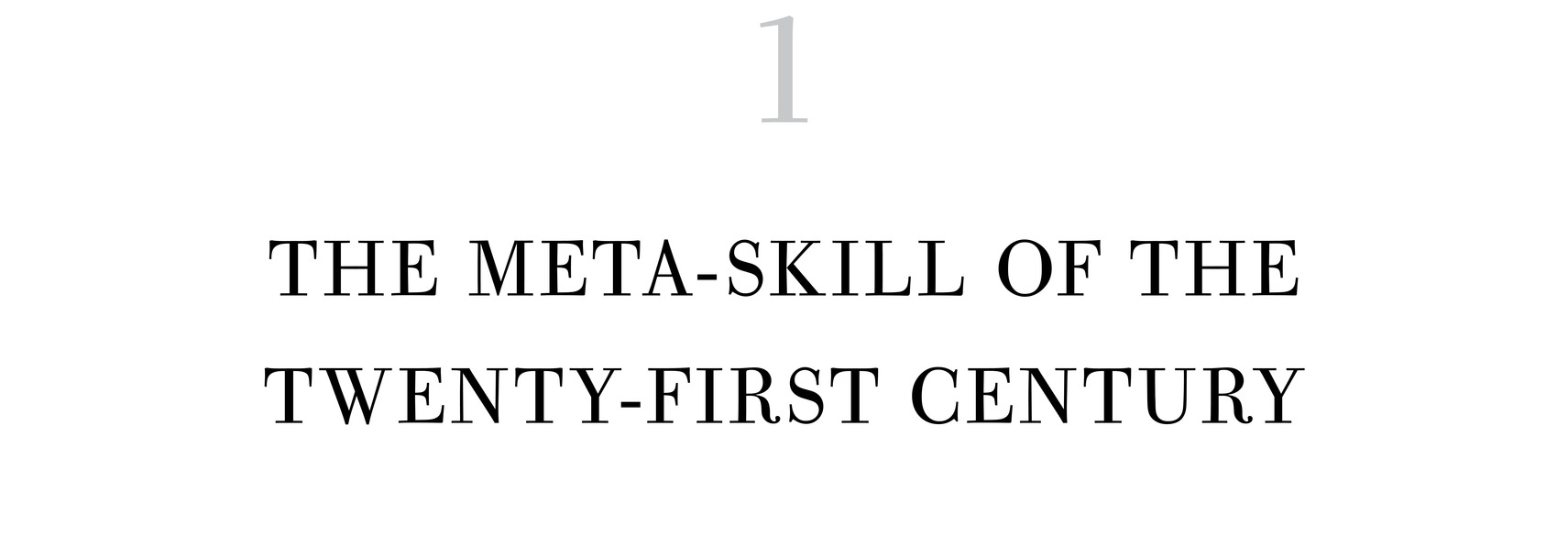All rights reserved.
Published in the United States by Crown Business, an imprint of the Crown Publishing Group, a division of Penguin Random House LLC, New York.
CROWN BUSINESS is a trademark and CROWN and the Rising Sun colophon are registered trademarks of Penguin Random House LLC.
Library of Congress Cataloging-in-Publication Data is available upon request.
To Mama, Noni, and my beloved S.P.
It is most perilous to be a speaker of Truth. Sometimes one must choose to be silent, or be silenced. But if a truth cannot be spoken, it must at least be known. Even if you dare not speak truth to others, never lie to yourself.
The men burst in with urgent news to report. A party of 35 enemy scouts had been spotted roughly seven miles away, camped out in a rocky ravine. What would the young lieutenant colonel decide to do?
The pressure was on, and he knew it. After all, this was a time of war, and he alone was responsible for the 159 recruits hed led into the field. Despite the fact that the colonel was a 22-year-old rookie with zero combat experience, hed somehow found himself second in command of an entire army. Not only did he have to act quickly and decisively, he needed to prove himself to everyone who was watching. This would be a crucial test of his military prowess, but he had no doubt he would ace it. The supremely self-assured young man was just itching to show his superiors what he was made of.
Those men in the ravine? They were clearly planning to attack, he confidently (and, as it turned out, inaccurately) concluded. So the colonel ordered a sneak assault. In the early hours of May 28, his troops descended on the unsuspecting party, who didnt stand a chance. In less than 15 minutes, 13 enemy soldiers were dead and 21 were captured.
Brimming with pride over his victory, the colonel returned to camp and began firing off letters. The first was to his commander. But before even recounting news of the battle, the emboldened leader took the opportunityin the form of an eight-paragraph diatribeto grouse about his pay. His next letter was to his younger brother, to whom he nonchalantly bragged about his fearlessness in the face of enemy attack: I can with truth assure you, he wrote, I heard the bullets whistle and believe me there was something charming in the sound.
His self-congratulatory correspondences completed, it was time to plan his next move. Convinced that the enemy was about to launch a revenge attack, he realized he would need to find a better location for their camp. After crossing a nearby mountain range, the colonel and his men found themselves in a large, low-lying alpine meadow. The grassland was surrounded on all sides by rolling hills dotted with bushes and a dense pine forest. Surveying the area, the colonel declared it the perfect defensive location and ordered his troops to begin preparations.
A few days later, he looked on proudly as his men put the finishing touches on their circular stockade, which consisted of scores of upright seven-foot logs draped with animal skins. And because it could hold only 70 men at once, hed ordered them to dig a three-foot trench for everyone else to crouch in. The colonel thought it was marvelous, assuring his commander that we have with natures assistance made a good entrenchment and by clearing the bushes out of these meadows prepared a charming field for an encounter. He knew theyd be outmanned, but even with my small numbers, he reported, I shall not fear the attack of 500 men.
Unfortunately, not everyone agreed with the confident young leader. One of his many questionable decisions was the placement of the fort. Because it was built on such soft ground, a light shower of rain would turn the meadow into a swamp, and a downpour would flood the trenches and drench their ammunition. Whats more, they were so close to the woodsjust 60 yards awaythat enemy marksmen could sneak up undetected and effortlessly fire on their fortress at close range. As for the fort itself, the colonels allied commandera seasoned battle veteraninsisted that that little thing upon the meadow simply would not hold.
Undeterred and convinced that he knew best, the colonel dismissed these arguments out of hand, furiously proclaiming the commander and his army to be treacherous devils and spies. A minor rebellion followed, with the allied commander and his followers fleeing in fear (incidentally, this fear turned out to be extremely well-founded). In the battle that was to come, the colonel wouldnt find the bullets whistling past him to be quite as charming.
And that battle would be momentous. So momentous that the colonels mistakes would change the course of history. In the years since, historians have attempted to explain how the operation went so tragically wrong. Many have appropriately criticized the colonel for advancing when he should have retreated; for fighting without awaiting sufficient reinforcements; for picking an indefensible spot; for the slapdash construction of the fort; for alienating hisallies; and for shocking hubris in thinking that he could defeat the imposing [enemy] force.
But the colonels downfall cant be attributed simply to tactical errors, flawed maneuvers, or the lost trust of his men. Examining them alone overlooks their root cause: at the most basic level, the colonel lacked the single most important, and yet least examined, determinant of success or failurewhether on the battlefield, in the workplace, or anywhere else. That quality is self-awareness.
While a precise definition is more complex than it first seems, self-awareness is, at its core, the ability to see ourselves clearlyto understand who we are, how others see us, and how we fit into the world around us. And since Plato instructed us to know thyself, philosophers and scientists alike have extolled the virtues of self-awareness. Indeed, this ability is arguably one of the most remarkable aspects of being human. In his book The Telltale Brain, neuroscientist V. S. Ramachandran poetically explains:
Any ape can reach for a banana, but only humans can reach for the stars. Apes live, contend, breed and die in forestsend of story. Humans write, investigate, and quest. We splice genes, split atoms, launch rockets. We peer upwardand delve deeply into the digits of pi. Perhaps most remarkably of all, we gaze inward, piecing together the puzzle of our own unique and marvelous brainThis, truly, is the greatest mystery of all.









